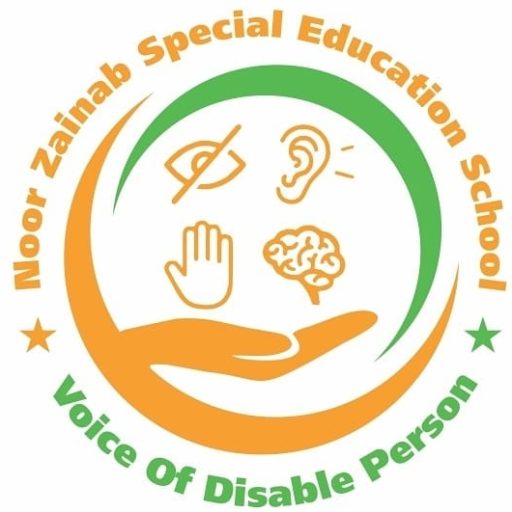Youth Empowerment Program: The Role of Speech Therapy in Youth Development
A key component of human contact is communication, which shapes our relationships, affects our learning, and directs our personal and professional development. Effective communication isn’t necessarily a given for many young people, though. This is when speech therapy’s transforming power can be used. In this blog, we’ll look at how speech therapy is crucial for strengthening young voices, promoting their growth, and putting them on the road to success.

Understanding the Challenges:
Speech and communication problems can frequently put obstacles in the way of a young person’s growth. These difficulties range widely, from trouble with social communication to articulation problems and language disorders. These challenges impair not only academic development but also self-worth, social interactions, and confidence in general.
The Foundation of Youth Empowerment Program:
By directly addressing these communication problems, speech therapy acts as a bridge to empowerment. It offers young people a secure and encouraging setting in which they may express themselves, improve their communication skills, and get through challenges that might otherwise prevent them from moving forward.
Confidence Building:
The improvement in self-confidence is among the most significant effects of speech therapy on young people’s development. Children and adolescents become more comfortable expressing their thoughts, ideas, and feelings as they develop better communication skills and clearer pronunciation. Their newly gained self-assurance crosses over into different facets of their lives, such as classroom involvement and developing friendships, outside of therapy sessions.
Academic Achievement:
Academic performance and effective communication are closely related. Speech therapy aids young people in honing their language abilities, which improves their capacity to understand, express, and process information. Clearer communication makes it easier to comprehend lecture material, participate in class discussions, and do well on exams.
Social Integration:
Young people who struggle with communication may find it difficult to navigate social situations. Speech therapy gives kids the skills they need to participate in conversations, recognize social cues, and react appropriately. These abilities are essential for forming connections, friendships, and committed partnerships.

Youth Empowerment Program Techniques and Strategies:
Speech therapists employ a variety of techniques tailored to the unique needs of each young individual. These techniques may include:
Articulation Exercises:
You can pronounce words more clearly by engaging in targeted exercises that improve speech sound production.
Engaging in specific speech sound production exercises will help you pronounce words more clearly.
Social Communication Training: Role-playing and participatory activities to improve social and communication abilities.
Fluency-Enhancing Strategies: Techniques to address stuttering and promote smooth, fluid speech.
Technology Integration: Incorporating apps, games, and digital tools to make therapy engaging and interactive.
The Family Dynamic: The youth empowerment program does not occur in a vacuum. The engagement of parents, caregivers, and educators in speech therapy for youth development is essential.
A Bright Future Ahead: The doors to opportunity swing wide open as young voices grow more assertive and clear. Children who receive speech therapy are more prepared to follow their dreams, interact with others effectively, and assume leadership responsibilities. The abilities developed via speech therapy are lifelong assets that support career success, educational success, and personal improvement.

Noor Zainab Rehabilitation Centre
Conclusion:
Speech therapy for children is a future investment that empowers their voices. Speech therapy opens the path for adolescents to develop academically, socially, and emotionally by resolving communication issues, improving confidence, and promoting a sense of success. Beyond words, this empowerment has a profound effect on young people’s lives, creating the foundation for a society in which all voices are appreciated and heard.

